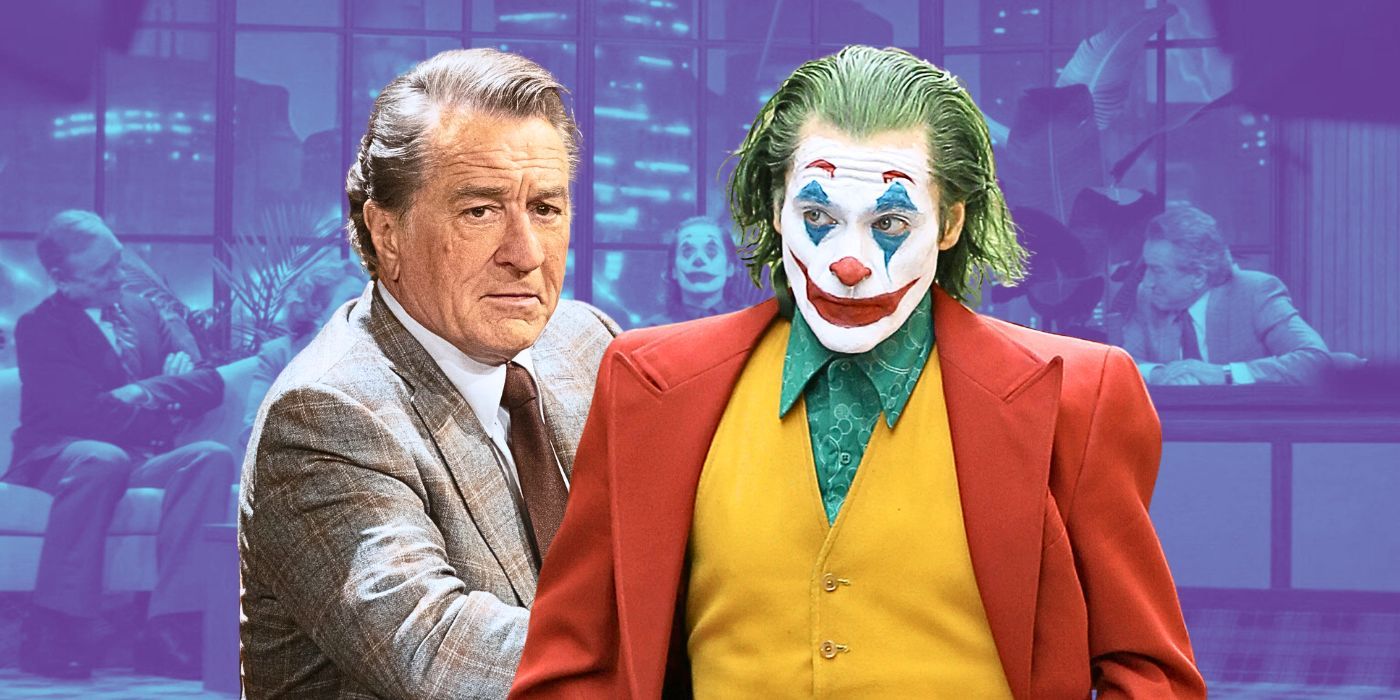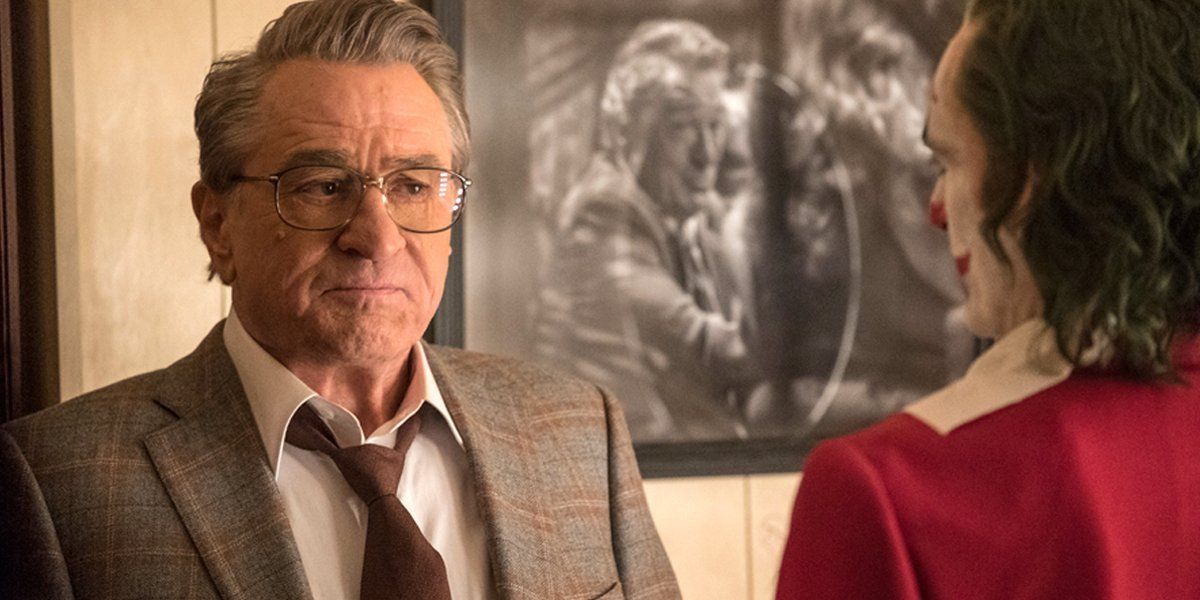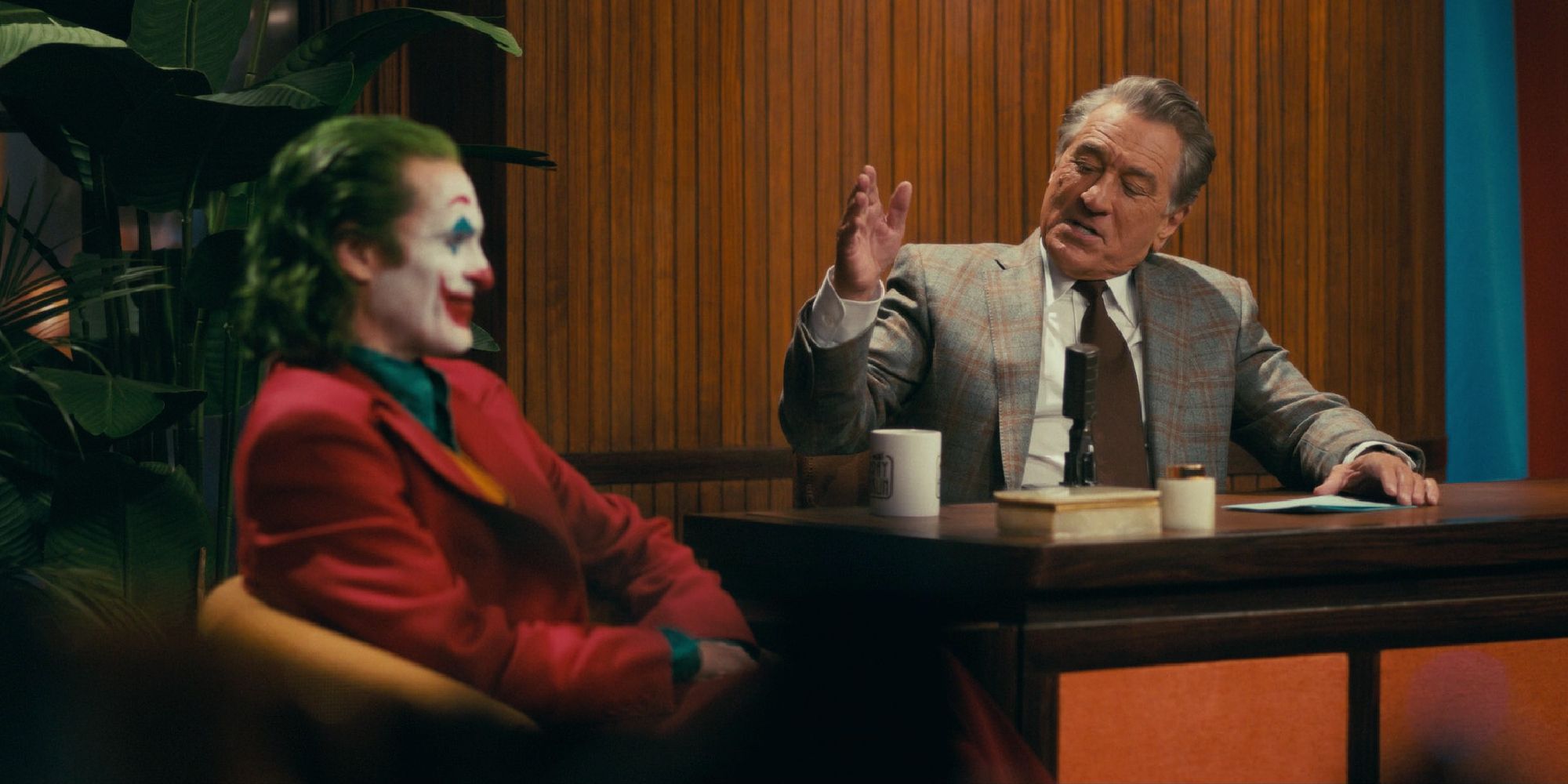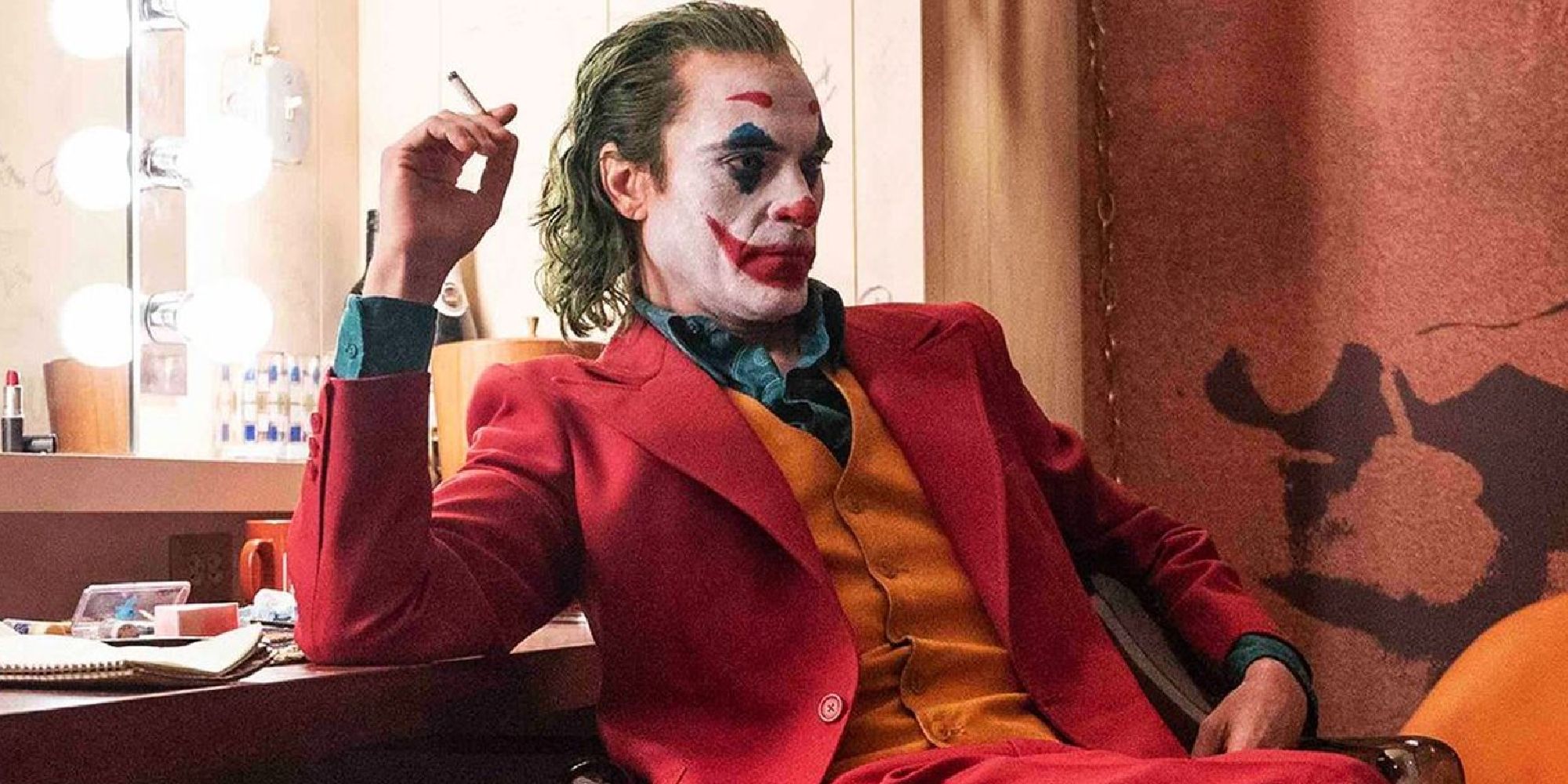The Big Picture
Todd Phillips’ 2019 comic book movie Joker is either a wonderful homage to the work of Martin Scorsese or a complete ripoff of the great filmmaker’s work, depending on which movie fan you ask. The film draws heavy inspiration from Scorsese’s classic crime movies Taxi Driver and The King of Comedy, and there’s certainly a point at which “homaging” something goes a little too far. Although Joker may have rubbed some Scorsese fans the wrong way with how it completely reimagines elements of the director’s classic films, Joker’s credibility skyrocketed due to the involvement of Scorsese’s most frequent recurring collaborator, Robert De Niro. Although it was great to see De Niro involved in a new project that paid tribute to his most iconic roles, the Academy Award-winning actor didn’t necessarily get along with Joker’s star Joaquin Phoenix. Arthur Fleck may have a lot in common with Taxi Driver’s Travis Bickle and The King of Comedy’s Rupert Pupkin, but that didn’t mean that De Niro and Phoenix took a similar approach to their performances.
Why Did Robert De Niro Agree To Be in ‘Joker’?
Joker examines the life of the aspiring standup comedian Arthur Fleck, who attempts to express himself through the art of standup comedy before ultimately turning to a path of violence. Arthur’s story arc was heavily inspired by De Niro’s character arcs in several classic Scorsese movies; Taxi Driver’s Travis Bickle turns to violence after becoming desensitized by New York society, and The King of Comedy’s Rupert Pupkin tries to kidnap his favorite late-night host (Jerry Lewis) after his bid at being a standup comedian fails. Scorsese produced Joker, and De Niro appeared in a supporting role as Arthur’s favorite late-night host Murray Franklin.
According to an interview that De Niro conducted with Indiewire, the link between Joker and The King of Comedy was “not as a direct connection,” as it was not directly about “Rupert many years later as a host.” However, De Niro acknowledged that “a connection, obviously, with the whole thing,” and that Arthur’s character trajectory was quite similar to Rupert’s. Given the connection between the two films, it made sense that Phoenix would want to draw inspiration from De Niro with his performance. Phoenix told Vanity Fair that De Niro was “his favorite American actor,” and that he “got the impression from him that he did things in a scene, certain behaviors, certain gestures or movements, whether the camera was on him and registering it or not.”
However, Phoenix may have taken his obsession with capturing De Niro’s mannerisms a little too far. Phoenix described his belief that “acting should be like a documentary,” and wanted to feel the same way that “the character is going through at that moment.” This apparently met with De Niro’s approval, as he said that he told Phoenix to “do the work” and “relate as the characters to each other.” Phoenix admitted that he disliked talking to De Niro on set, stating that “the first day we said good morning, and beyond that, I don’t know that we talked much.”
Why Did Joaquin Phoenix Rub Robert De Niro the Wrong Way During ‘Joker’?
Although the acting style may have been somewhat similar, Robert De Niro and Joaquin Phoenix still had some creative differences during the production of the film. De Niro preferred doing read-throughs of the entire script before shooting, while Phoenix took a “let it happen” approach to the material. Todd Phillips told Vanity Fair that early on during the production process, he received a call from De Niro asking him to tell Phoenix that “he’s an actor and he’s got to be there, I like to hear the whole movie, and we’re going to all get in a room and just read it.” Phillips admitted that he was “in between a rock and a hard place,” as the read-through process that De Niro demanded was something that Phoenix was not interested in.
While their initial disagreements may have caused some friction, Phillips said that the two actors eventually made up. De Niro told his co-star that “it’s going to be okay” after Phoenix felt sick because he disliked the read-through process so much. In some ways, the actual tension between the two Academy Award-winning actors may have been in the film’s favor. Arthur initially adores Murray and centers his entire persona on pleasing his favorite late-night host. However, Arthur grows vengeful and violent after Murray makes fun of his standup material during a live broadcast. Arthur’s quest for vengeance doesn’t stop until he confronts Murray live on air, officially donning himself as “Joker.” After shooting Murray, Arthur inspires a band of violent followers to take to the streets and start rebelling against the wealthy class of Gotham City.
Why Was ‘Joker’ Such a Controversial Movie?
Ironically, Taxi Driver had received the same blowback that Joker earned for its violent content in 1976. Both films show the perspective of a sociopathic character who uses violence as a means of dealing with their own trauma. Whether Joker accurately depicts mental health struggles (or does so in a respectful way) is up for debate, but the film doesn’t necessarily lionize Arthur’s actions as much as it contextualizes them. No matter whether you fall into the camp of seeing the film as dangerous or not, Joker is certainly a flawed movie. That being said, the controversy surrounding the film may have made it even more popular as the online discourse grew pending its official wide release.
None of the backlash, or any friction between De Niro and Phoenix, affected Joker’s success. The film became the first R-rated film to take home over $1 billion at the global box office and became the first comic book movie to receive the “Golden Lion” honor at the Venice International Film Festival. Joker received an incredible eleven Academy Award nominations and earned Phoenix his first Best Actor win after his performances in Gladiator, Walk The Line, and The Master were overlooked. De Niro may not have been recognized by the Academy for his work in Joker, but he did receive a Best Picture nomination the same year for his work as a producer on Scorsese’s latest masterpiece The Irishman.









